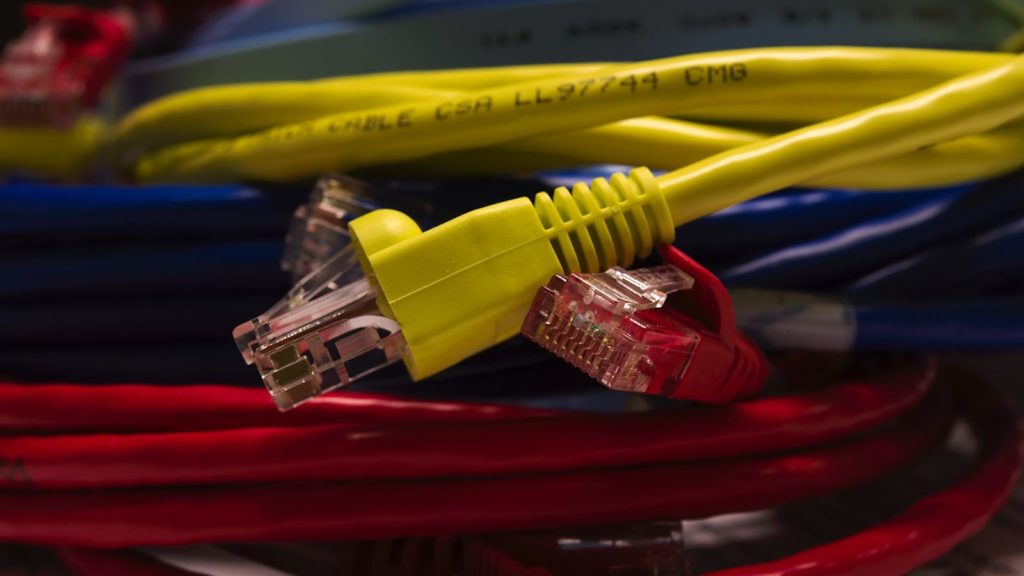With powerful hardware working together with an industry-leading camera system and intuitive AI experiences, everyday tasks have never been easier and faster
Spotted gap between growing trend of remote, hybrid work – survey

Inside survey findings published by Cisco, there was a significant key finding of a growing trend of remote and hybrid work, with future consumer internet expectations set to reshape, as consumers rethink their reliance on the internet.
The Global Broadband Survey compiled on the study of the global state of connectivity highlights a few key points namely:
• 87% of SA respondents said they rely on their home internet connection to work or run a business.
• Six in ten SA respondents are working from home, highlighting the growing trend of remote and hybrid work models.
• 78% of respondents view broadband as critical national infrastructure.
• While 70% of workers protect their home internet connection with a password, only a quarter use more comprehensive measures.
• 34% of respondents said they would pay a premium of up to 10% for the ‘greenest’ broadband available.
What does this mean?
People are rethinking what they rely on the internet for.
With the growing needs of rising tech consciousness, secure cloud infrastructure, and the increasing number of connectable devices from smart cars to home appliances, this survey indicates that 78% of SA survey respondents viewed broadband as a critical national infrastructure.
In addition to this, 85% of those working from home viewed broadband as critical national infrastructure.
Other key findings relating to connectivity include:
• 63% of respondents use some form of mobile technology to connect to the internet from home, including using their mobile phones or a 4G or 5G hub.
• 28% indicated they connect to the internet via fiber-optic broadband.
• 3% described the speed of their internet connection at home as very strong, while 24% described the speed of their connection as average.
The survey also reveals that 87% of SA respondents now rely on their home internet to work from home or run a business, with six out of ten now logging into work via a home connection. This represents a dramatic year-on-year increase of 20%, signaling the popularity of the trend in SA.
Cisco South Africa General Manager Smangele Nkosi says against the backdrop of digital transformation and remote hybrid work trends, broadband played a critical role globally and impacted citizens both personally and professionally.
This then translates to rising costs that impact connectivity.
Looking at the overall picture it’s clear that broadband connectivity plays an important role in everyday life, but there are strong concerns around affordability and accessibility.
The survey highlights that 46% of respondents indicated that the increase in the cost of living had impacted broadband spending, with 26% switching to lower-cost broadband and 20% canceling streaming service subscriptions.
This then highlighted that 26% were unable to afford to upgrade to fast and more reliable broadband connections.
“Through the findings of the Cisco Broadband Survey, we can better understand the country’s digital journey and better inform our efforts to transform it into an interconnected, tech-enabled, and inclusive ecosystem,” says Nkosi
The need for sustainable broadband and key findings
• 25% of respondents who plan to upgrade their broadband service in the next 12 months cite sustainable or “green” broadband provision as a driving factor in their choice.
• 34% of respondents said they would be willing to pay a premium of up to 10% for the “greenest” broadband available in their country that has a lower carbon footprint.
The interesting finding was that when assuming the quality of connectivity was the same, 23% said they would be willing to pay a premium of up to 20%.
Nkosi concluded that: “If broadband is the driving force behind a thriving digital ecosystem, we must consider how sustainable that broadband can be. Sustainability cannot be an afterthought. It can be a means to positive socioeconomic and environmental change, and it requires us to be proactive in everything we do and set out to achieve. Consumers are starting to realize this, and businesses should be paying attention,” explained Nkosi.
Also read: New Twitter logo or staged plan? Twitter’s bird X-ed

